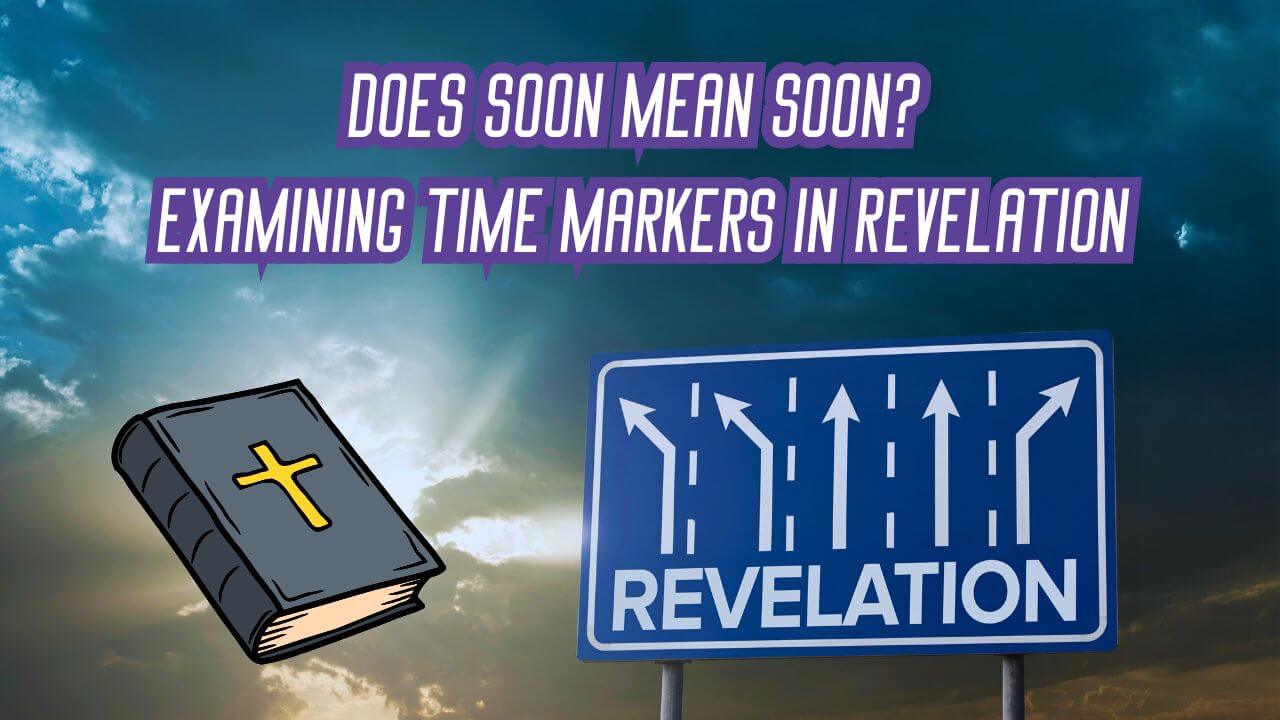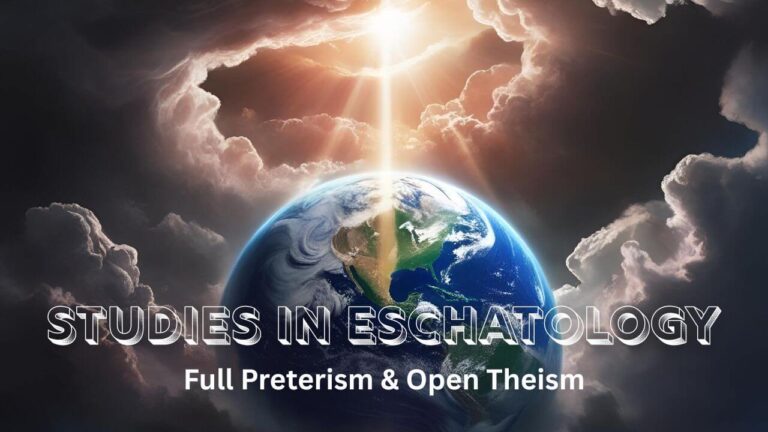The book of Revelation has been interpreted in many ways over the past 2,000 years. Studying Revelation can feel like taking quite a few twists and turns. On top of that, there are differing views on the dating of the book, what parts are historical versus future, and a host of other differences.
One area that does not seem to get enough attention is the “time markers” given by John in the book itself. Many seem to import their already established view and place it on top of Revelation as a lens to interpret the book. Now, I am not going to be a hypocrite here. I have done the same thing for most of my life. For the majority of my life, I have tried to make Revelation and other Eschatological texts fit into what I had already determined that it “had” to mean.
I have focused on attempting to let Scripture speak for itself even if it means abandoning a deeply held view that might have been the framework for much of my theological journey. Since I have made these efforts, many of my views have changed, some have stayed the same, and others I am still working through. Because of this shift in focus, I am reevaluating much of my Eschatology. I am working on leaving the newspaper exegesis behind and seeking to learn what the original author was trying to communicate to his audience.

When we come to Revelation Chapter 1 we see 2 time markers used by John that I think we must take seriously. In verse 1, he states the following:
The Revelation of Jesus Christ, which God gave Him to show to His slaves the things which must soon happen.
John’s original audience must be considered. He says that this revelation from God about Jesus Christ shows his servants what must SOON happen.
Soon – speed, swiftness, quickness, to run, to hasten.
The first thing we see here is that these events were expected in their time frame. These events were not expected to be 2,000-plus years in the future. This does not require 100% of Revelation to be fulfilled pre-70 A.D. There are Eschatological views that have some things occurring in that time with some being future. Others see all Revelation being fulfilled in the events leading up to 70 A.D. Regardless of one’s view, John’s time markers must be taken seriously.
John says these events will “soon happen” meaning they are quickly coming and his audience must be prepared for them. If John had people 2,000-plus years in the future in mind he would have stated it that way.
The other time marker before us today is the following:
Blessed is he who reads and those who hear the words of the prophecy and keep the things which are written in it, for the time is near.
Time – time, season, opportunity, occasion.
Near – close at hand, close, soon, imminent.
Interestingly, those who hold to a rapture view and place it in our future would describe it as “imminent” meaning soon or any time. However, the ones who hold a futurist interpretation will not apply the same imminence to John’s time markers regarding the events that he says were about to take place in their near future. We need to be consistent in our interpretation and let the author guide our meaning.
It is clear from my view that a normal, rational, consistent interpretation of the literature demonstrates that the original author (The Apostle John) clearly understood the events he was about to outline as being in their near future and not 2,000-plus years in the future. Consistent exegesis of the text has to take these time markers seriously regardless of one’s pre-determined Eschatological commitments.




